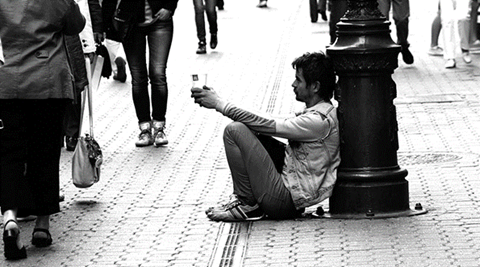
Fifteenth Sunday after Trinity
This week’s readings are both about the way in which the concerns and the pleasures of life can prevent us from connecting with one another and perceiving our innate interdependence. In Amos 6:1-7 the prophet is criticising the rich and idle. He is not, however, rejecting abundance, pleasure, enjoyment - these are good gifts from God to be enjoyed - but to their tendency to isolate us from one another. Jesus in Luke 16:19-31 gives us an example: the rich man in his story cannot even see Lazarus; he is invisible to him, although he sits at his gate daily. On earth there is a great gulf between them: not a geographical one but one caused by the difference in their stations in life. The rich man could have bridged this distance but was too preoccupied to do so. Now he is concerned for his own brothers, still not seeing that Lazarus is also his brother - still not able to reach across the distance between them.

Sunday 18th September, 6.30pm
Service of Thanksgiving, Sunday 18th September, 6.30pm
A special commemoration service marking the death of her late majesty Queen Elizabeth II.
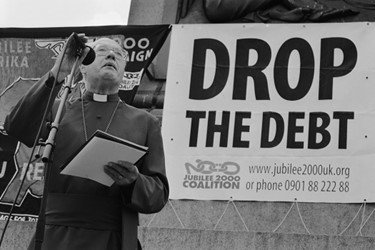
Fourteenth Sunday after Trinity
Last week Jesus was praising a shepherd who abandoned his 99 sheep to go looking for a lost one. This week he’s applauding a manager who gives away his master’s goods, (Luke 16:1-13).
At the start of the story the manager is in solidarity with the master, the one with wealth and power. By the end of the story, he is in solidarity with the debtors, those with little wealth and power (echoing the call of the prophet in our first reading, Amos 8:4-7). Irrespective of his motives, his actions ease the burden of the poor. Once he acknowledges his own insecurity, his own vulnerability, he acts to lessen the insecurity and vulnerability of others. We might (reasonably) complain that he does so by giving away what is not his in the first place. But in God’s radical economy, nothing is truly ours. All that we have - our life, our breath, our relationships, our talents - are a gift from God. If we share them, there will be enough for all God’s children.
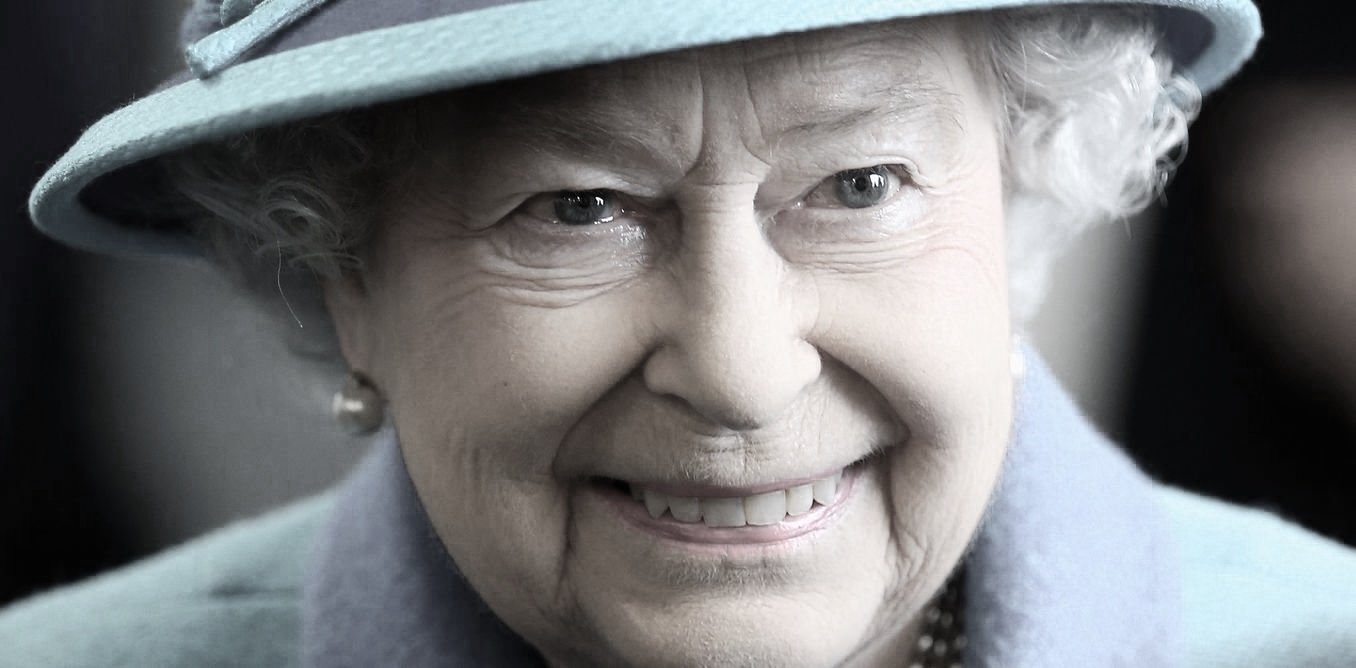
Service of Thanksgiving
Join us for a Service of Thanksgiving for HM Queen Elizabeth II, on Sunday 18th September at 6.30pm in church.

Thirteenth Sunday after Trinity
Today we reflect on the life and death of HM Queen Elizabeth II (1926-2022).

Twelfth Sunday after Trinity (Parish Eucharist and Baptism)
This Sunday we celebrate a baptism and the welcoming of a new member to our church and to the family of God. When considering our Gospel reading Luke: 14:25-33, it is important then to look at the use of “love vs hate” in the gospel. It is meant to indicate what happens when we choose one path over another: if you follow one master you are unable to follow another. When we become part of the family of God, that family takes priority. We can no longer consider just the needs of our own household, our own aged parents, our own vulnerable little ones; our concern necessarily expands to all aged parents and all vulnerable little ones. Love is no longer privatised, it is set free to embrace those God embraces. Jesus then goes on to tell the story of a man building a tower and a king going to war; neither have the resources to finish the job. We will never have the resources to love the entire world, no matter, God is a God of abundance, when we take our place in the economy of God’s love we receive much more than we are able to give.

Eleventh Sunday after Trinity
Both of today’s readings give us a lecture on table manners. Proverbs 25:6-7 reminds us to be humble and not assume a status greater than we have. But it still holds out the hope that our humility will be rewarded. It looks as though Jesus, in Luke 14:1, 7-14, is just repeating this advice, but then he begins to talk about reciprocity. Human relations are built on the idea of reciprocity: I give to you and you will, in turn, give back to me; I invite you to dinner, you invite me to dinner. Instead Jesus tells us to give without expecting reciprocity: none of us are capable of reciprocating what God offers us. In the kingdom of God none of us are hosts, we are all guests. We are invited to share that divine hospitality without favour.
Image copyright: Jan Richardson, The Painted Prayerbook

Tenth Sunday after Trinity
In today’s gospel, Luke 13:10-17, Jesus heals a woman who has been bent over and bowed down. The faith community are not happy with him because he healed her on the Sabbath. The Sabbath, Isaiah 58:9b-14 reminds us, is a day in which to delight in the Lord and the freedom we have received. For Christ, freedom is something we share: I cannot be truly free if you are not also free; injustice anywhere threatens justice everywhere. Christ points out, as Isaiah does, that we are often responsible for the burdens of others, and invites us all to be agents who share in the unbinding of others.

Ninth Sunday after Trinity
No easy summer reading for us this week. The prophet, Jeremiah (Jeremiah 23:23-29), and Jesus, (Luke 12:49-56), both promise us fire and division. This is not Christ, the bringer of peace, that we are used to. This feels like a much more Old Testament Christ, sending down the fire of punishment. The conflict that Jesus warns of is not, however, a punishment; he is merely describing the reality of a world in which some have power and prosperity and some do not. In such a world crisis (the baptism of fire which Jesus speaks of) reveals already existing divisions. Sadly, it often takes the fire of race riots to reveal the divisions of racism. It takes the crisis of refugees risking their lives on small boats and washing up on our shores to reveal the injustice of our immigration policies. The fire offered in this morning’s readings is a fire that reveals injustice, that offers us a chance to burn down existing inequalities. Yes, it is fire that destroys but also a fire that transforms.

Eighth Sunday after Trinity
Is enough ever enough?
In this week’s texts Abraham has been promised everything (Genesis 15:1-6), and Jesus’ followers have been promised the kingdom (Luke 12:32-40). But still they are behaving as if they do not have enough.They are acting out of a fear of scarcity.
In the midst of a cost of living crisis it is easy to do the same. But the advice given by God is “stop counting, start living”. The image of the thief in the night may seem like scaremongering, but it is really the opposite. Like the parable of the rich fool in last week’s gospel, its message is that all we need is right here before us.
Fear makes us look inward. To look outward we require both hope and trust.
Do we believe that life is about more than mere security? Can we risk behaving as if a different life is possible?


Seventh Sunday after Trinity
My word, how miserable are the characters in both our readings today! They are both successful, wealthy men, yet one, Ecclesiastes 1:2, 12-14, 2:18-23, bemoans the fact that others will benefit from his prosperity, and the other, Luke 12:13-21, the man who has been obsessed with hoarding his bounty, drops dead before enjoying any of it (exactly what the character in Ecclesiastes is afraid of!). The readings are NOT peddling the line that “money is the root of all evil”, but rather asking us what the point of plenty is. What is money for? Are our riches, talents and resources a source of anxiety or are they the way of bringing blessing and life to ourselves and others?
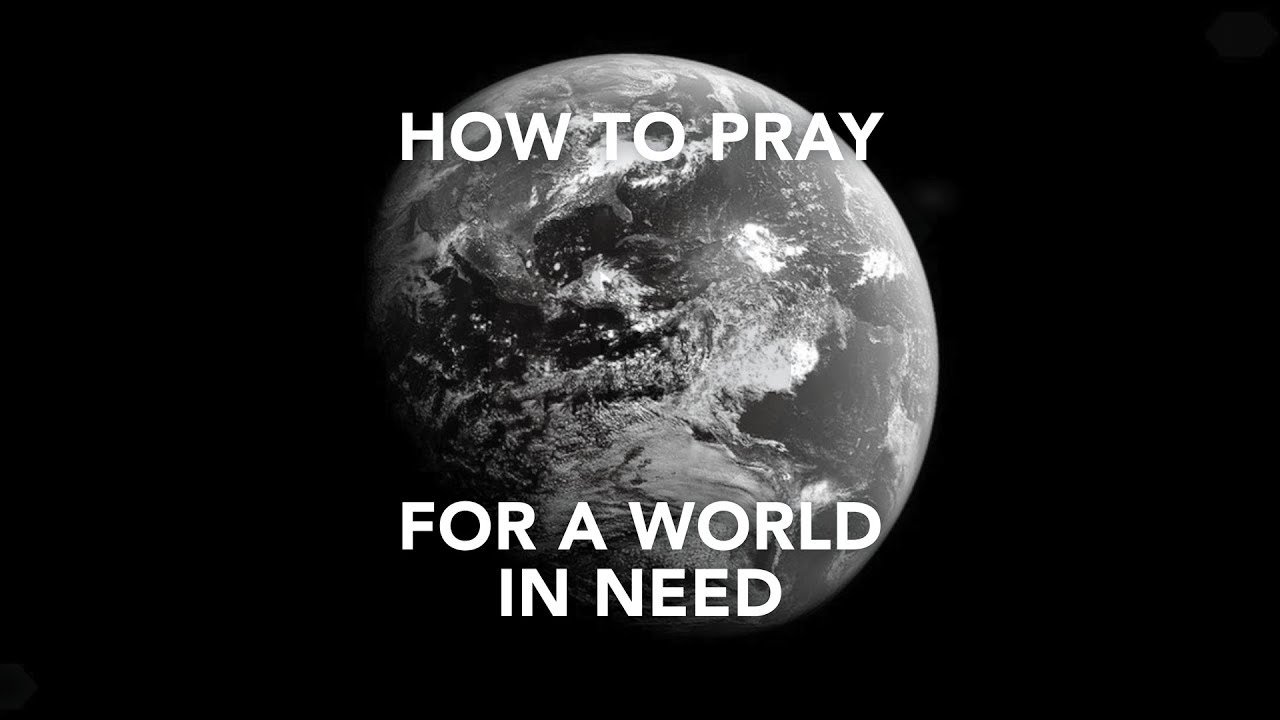
Sixth Sunday after Trinity
This week’s readings are both about prayer, or more accurately, our relationship with God. In Genesis 18:20-32 Abraham has an extraordinary exchange in which he argues with God about the nature of God’s justice; surely God would not punish the innocent for the actions of the guilty? Whereas in Luke 11:1-13 Jesus teaches his disciples how to pray. It is striking that in both passages the purpose of prayer is seen as advocacy on behalf of others: Abraham negotiating for the life of the inhabitants of Sodom, and in Luke the example of the ideal prayer of someone petitioning a neighbour for help in fulfilling the needs of a visitor. In neither case is the prayer a list of demands or requests. Prayer at heart is a relationship of trust. A relationship which changes us rather than God. If our prayers shape and form us into the likeness of Christ they will change us into a people whose deepest desire is the well-being of those in need.

Fifth Sunday after Trinity
Today’s readings both concern the role of those who serve, those whose unseen and unsung labours keep the world turning.
Our Old Testament reading, Genesis 18:1-10, is known as the “hospitality of Abraham”, but Abraham does precious little to provide for his guests. It is his elderly wife and unnamed servants who do all the work whilst Abraham is served with his guests. Sarah does not eat or sit with the guests; she does not even enter the tent. In contrast, in Luke 10:38-42, Mary sits at Jesus’ feet alongside the male disciples. What is also significant is that Martha, unlike Sarah, is given a voice. She can raise her concerns about the injustice of her role.
In our lives we are provoked to ponder who is listening to the voices of those whose essential work is often unseen and unsung? Who is inviting them into the conversation to make decisions about how our world and our future could be shaped?

Fourth Sunday after Trinity
I am guessing that we can all remember at least one sermon on the Good Samaritan, Luke 10:25-37. Maybe it was a school assembly teaching us to be kind, maybe it was Margaret Thatcher’s famous take on how the Samaritan had amassed wealth under a free market economy, which allowed him to be generous with his charity, or even Martin Luther King’s reflection that whilst the Priest and the Levite had thought about what would happen to them if they stopped to help the man in need, only the Samaritan thought about what would happen to the man if he didn’t stop to help him. In my humble opinion all of them missed the point that Jesus is trying to make. The scholar asks Jesus a question: who is my neighbour? He put himself in the story as the subject and the neighbour as the object. Jesus replies: who was a neighbour to the man in need? He makes the scholar the object not the subject. We are the ones in need of a neighbour. We are the ones in danger. This story that Jesus tells is like the parable of the lost sheep: if we are the 99 who do not go in search of the lost sheep, we are the ones who are in fact lost. Our first reading also switches the point of view, Amos 7:7-17: Amos is an Israelite, he is supposed (according to those in power) to prophesy for Israel and against Israel’s enemies: what if, Amos asks, Israel is its own enemy? As ever, both scriptures criticize us for judging and for assuming that we are the ones who have the right to decide who is worthy of inclusion and who is not. It’s a hard lesson but still, as Jesus says: go and do likewise.

Third Sunday after Trinity
It’s a busy day today: we are welcoming a new member of our church family, Harry, who is being baptised today, we are saying farewell to our beloved Nathan as he takes up his new job in Scotland AND we are celebrating Pride. Our reading for today tells the story of the healing of Naaman by the prophet Elisha, 2 Kings 5:1-14. This is an extraordinary story of a man who had great power, wealth and status who risked becoming a social outcast when he developed leprosy. Naaman is offered healing but is on the brink of refusing it because it involves wading into the river Jordan; a river which was used by everyone for everything. Something which offended his dignity. The wonderful thing about becoming part of God’s family is that everyone is included, everyone is invited. The appalling thing about God’s family is that … everyone is included, everyone is invited! Sadly, the Church of England still doesn’t reflect the inclusive and all embracing nature of God’s love. Thankfully this didn’t stop Nathan joining us and working with us to try and reflect that inclusivity here in Clapham, we shall miss him greatly. Naaman finally accepted the free gift that he was offered and was healed. Today we commit ourselves to accepting that gift: the gift of a love that values and embraces all God’s people, this is the family into which we welcome Harry with joy.

Evensong - cancelled
On Sunday 26 June at 6.30pm in church we shall hold our monthly Evensong service.

Second Sunday after Trinity
The readings don’t get any easier do they? Last week we had Jesus braving foreign lands, naked lunatics and suicidal pigs. This week he sets his face to Jerusalem, Luke 9:51-62, and warns his followers of hardship. He will have no place to lay his head, nowhere to call home. Similarly in 1 Kings 19:15,16,19-21 the prophet Elijah warns Elisha not to follow him. Elisha leaves his home to do just that. As an act of commitment to his chosen path, before he leaves Elisha slaughters his oxen, the symbol of his previous role as a farmer of the land. Today we would say that he is burning his bridges. It is not possible to have one foot in and one foot out of the kingdom of God. Importantly, Elisha cooks the oxen and offers the food to his people. What he has and who he is, is no longer for his use but is to serve the world God loves. Today’s readings encourage us to reflect on what we need to leave behind to follow God’s call to us.
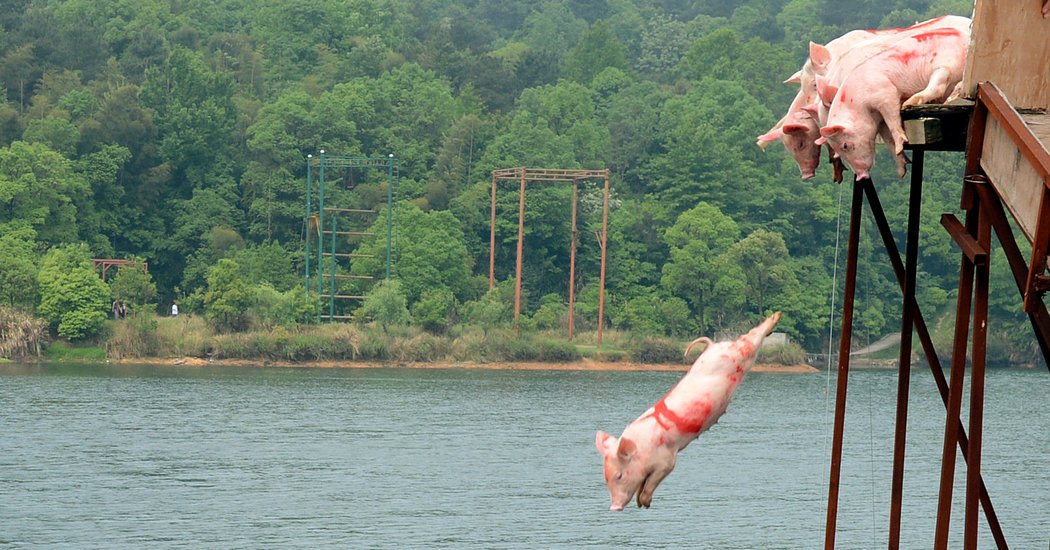
First Sunday after Trinity
Naked lunatics, suicidal pigs and talking demons; what’s not to love in today’s Gospel story form Luke 8:26-39. Well, according to the first reading, Isaiah 65:1-9, quite a lot. Isaiah lambasts those who sit in tombs among pigs (both of which Jesus does in the story from Luke). These things are UNCLEAN, dirty, impure.
Yet Isaiah is really railing against religious hypocrisy, those who keep themselves apart from the mass of humanity and judge others, those who say: “Keep to yourself, do not come near me, for I am too holy for you.” Jesus doesn’t care about getting down and dirty with the “unholy”; he ventures boldly into the world of those who are seen as unfit for human company. The response is extraordinary: the townsfolk beg him to leave. We are not told why, but maybe because his act of radical inclusivity threatens the social hierarchy.
For those of us in the church today this passage is both an encouragement and a warning: encouraging us to leave our comfort zones and go to places unfamiliar, to embrace those who are different from us; warning us that to do so is not without consequences, and may not be welcomed by those firmly embedded in their comfort zones.

Festival Eucharist - Trinity Sunday
Such a short gospel reading for today: John 16:12-15.
Yet so complicated! I lose track of what on earth Jesus is saying: it moves from him to God to the spirit to us to him to spirit to God back to us again. Fittingly, the passage begins with Jesus telling us that he has much to tell us but we won’t get it! You don’t say!
This Sunday is Trinity Sunday, a day that has generated hymns about God’s nature being immortal, invisible, consubstantial, coeternal – I have no idea what we are supposed to get from any of these descriptions other than confused. At heart it is Jesus trying to explain love. But we can’t explain love, we feel it, we express it, we are transformed and changed by it, it shapes and moulds us, but we don’t understand it. What we do know is that once it starts it doesn’t stop, it doesn’t respect boundaries, or understand limits, it continues to generate more love.Thankfully we are not called to understand God, just to receive and to hand on the love that is given, and take our place in the great love story that is life.
